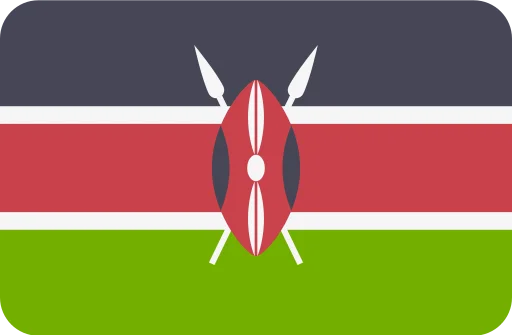 Quite often it is reluctance to discuss a medical condition that may result in far-reaching consequences. It was after 45 days of constipation that a 28 – year – old housewife from Chembur, Mumbai approached doctors. By that time the football-sized faecal mass had become life-threatening. It was on the verge of ripping off her large and small intestines when the doctors performed a two-hour surgery. The story made headlines in 2013, but even a decade after, people are still reluctant to talk about constipation which has been known as the mother of all diseases. And not without reason. A prolonged constipation without a doctor consultation can lead to other medical conditions such as piles, fissure and fistula. Be it constipation or piles, proper awareness and to know when to seek medical care is key to better health. Initially doctors advise dietary and lifestyle changes, which generally relieve symptoms and help prevent any further worsening of the condition. But you should be aware what is affecting your bowel movements.
Quite often it is reluctance to discuss a medical condition that may result in far-reaching consequences. It was after 45 days of constipation that a 28 – year – old housewife from Chembur, Mumbai approached doctors. By that time the football-sized faecal mass had become life-threatening. It was on the verge of ripping off her large and small intestines when the doctors performed a two-hour surgery. The story made headlines in 2013, but even a decade after, people are still reluctant to talk about constipation which has been known as the mother of all diseases. And not without reason. A prolonged constipation without a doctor consultation can lead to other medical conditions such as piles, fissure and fistula. Be it constipation or piles, proper awareness and to know when to seek medical care is key to better health. Initially doctors advise dietary and lifestyle changes, which generally relieve symptoms and help prevent any further worsening of the condition. But you should be aware what is affecting your bowel movements.
Bowel movement and what results in constipation
After the intake of food through your mouth, it passes through your digestive tract, and the bowel movement is the last phase that determines proper digestion. The stool is the leftover after you digestive system consisting of stomach, small intestine, and large intestine (colon) absorbs nutrients and fluids from what you eat and drink.
Your stool passes out of your body through the rectum and anus. When bowel movements are not normal it can either cause diarrhea, or constipation.
What is Constipation?
Constipation is a condition in which there is difficulty in emptying the bowels, usually associated with hardened faeces. Usually, a person is considered to be constipated when bowel movement results in small amounts of hard, dry stool, fewer than three times a week. Bowel pattern varies from person to person; it can be three times a day or three times a week.
Watch out for
* When your stool is dry and hard and it is difficult to pass
* Bowel movement is painful
* Inability to empty your bowels due to hardness
* Abdominal pain
* Feeling sluggish
Constipation is a condition in which there is difficulty in emptying the bowels, usually associated with hardened faeces. Usually, a person is considered to be constipated when bowel movement results in small amounts of hard, dry stool, fewer than three times a week.
Causes of constipation and treatment
Some of the most common causes of constipation include changes in habits or lifestyle. Women, particularly during pregnancy and old age, should be aware about the bowel movements as they are more prone to constipation. The most common causes include lack of exercise, less intake of liquids, adverse effects of medications, low-fibre diet, diabetes and delaying the bowel.
Most cases of mild to moderate constipation can be managed just by change in lifestyle. But if not treated timely, it can lead to piles also known as Haemorrhoids. Piles cause swellings in the blood vessels around the rectum and anus and may even enlarge them. An anal fissure may occur when you pass hard or large stools during a bowel movement. It typically causes pain and bleeding during bowel movements. Unattended, the condition can lead to the formation of anal fistulas that can cause a lot of discomfort.
When to consult a doctor?
If you feel that your irregular bowel movement is affecting your health consult a doctor for constipation diagnosis. It is just a medical condition that requires timely intervention.
The writer is a senior journalist. Views expressed are his personal






